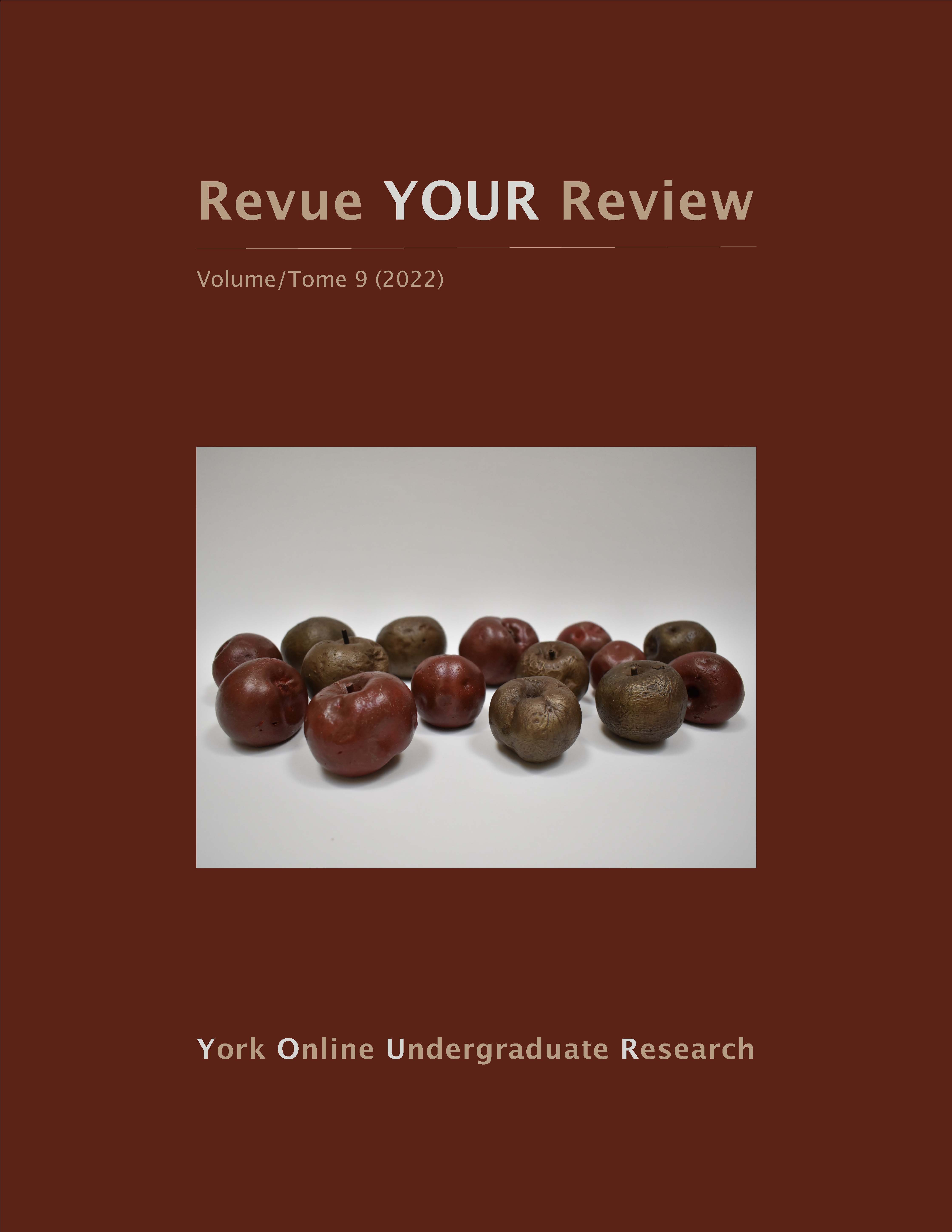Rafael Correa’s Failed Vision of Development Prosperity
Résumé
In 2007, a new progressive government led by Rafael Correa was elected to power in Ecuador. The presidency of Correa had constituted debates coming from social movement groups arguing against the extraction of natural resources. The exploitation of natural resources in the Amazon region became a large component in Correa’s administration (Riofrancos, 2020, p. 5). The idea to extract resources such as oil was viewed as a way to eradicate poverty and inequality. Correa justified resource extractions as means to generate state revenues for economic prosperity (Becker 2013, p. 54). The intensive form of extraction of resources was framed as the extractive development model. On the other hand, social movement groups, specifically Indigenous movement groups have argued against the extractive development model. The resistance against extractivism is generated from years of protest against neoliberal practices promoting the exploitation of natural resources (Riofrancos, 2020, p. 5). The fundamental purpose of this research is to examine how Correa’s extractive development model failed to generate development for Ecuador. Additionally, the research identifies conflicts over land rights and the contradiction of the Constitution violating the rights of Indigenous territories. Through an analytical examination of scholarly articles, this research demonstrates that resource extraction has resulted in environmental consequences. The research argues that the extractive model creates an unsustainable economy, generates ecological damages, and results in the displacements of Indigenous communities.
Téléchargements
Publié-e
Comment citer
Numéro
Rubrique
Licence

Cette œuvre est sous licence Creative Commons Attribution - Pas de Modification 4.0 International.
Les auteurs qui contribuent à la Revue YOUR Review acceptent de publier leurs articles selon une des trois catégories de la licence 4.0 : Creative Commons Attribution 4.0 International; Creative Commons Attribution-Pas d'Utilisation Commerciale 4.0 International; ou Creative Commons Attribution-Pas de Modification 4.0 International. Tout contenu éditorial de ce site ainsi que les affiches et les résumés sont sous la licence Creative Commons Attribution-Pas de Modification 4.0 International. Pour plus d’informations, veuillez voir :
https://creativecommons.org/licenses/
Dans tous les cas, les auteurs conservent leurs droits d’auteurs et concèdent à la Revue YOUR Review le droit de première publication. Les auteurs peuvent, par la suite, conclure d’autres accords de distribution non exclusifs de la version publiée dans ce périodique (par exemple, l’afficher à un dépôt institutionnel ou le publier dans un livre ou dans un autre périodique) à condition que la reconnaissance fasse mention de la publication originale dans la Revue YOUR Review.


